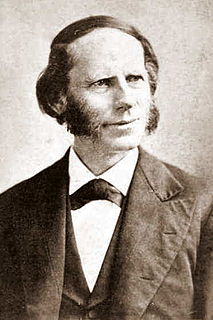A Quote by Bernard of Clairvaux
Slander is a poison which kills charity, both in the slanderer and the one who listens.
Related Quotes
Only in truth does charity shine forth, only in truth can charity be authentically lived. Truth is the light that gives meaning and value to charity. That light is both the light of reason and the light of faith, through which the intellect attains to the natural and supernatural truth of charity: it grasps its meaning as gift, acceptance, and communion. Without truth, charity degenerates into sentimentality. Love becomes an empty shell, to be filled in an arbitrary way.
Take not into your ear that scum of hell that people call tittle-tattle. Whosoever willingly listens to a slander is equally guilty with the one who tells it, and an old writer says they ought both to be hanged; the one by the tongue and the other by the ear. Do not smile upon such a spaniel, lest like a pleased dog, he puts his dirty paw upon you.
Human rights pale beside the rights of machines. In more and more cities, especially in the great metropolises of the South, people have been banned. Automobiles usurp human space, poison the air, and frequently murder the interlopers who invade their conquered territory -and no one lifts a finger to stop them. Is there a difference between violence that kills by car and that which kills by knife or bullet?" (p.231)
All the fruits of the Spirit which we are to lay weight upon as evidential of grace, are summed up in charity, or Christian love; because this is the sum of all grace. And the only way, therefore, in which any can know their good estate, is by discerning the exercises of this divine charity in their hearts; for without charity, let men have what gifts you please, they are nothing.
































